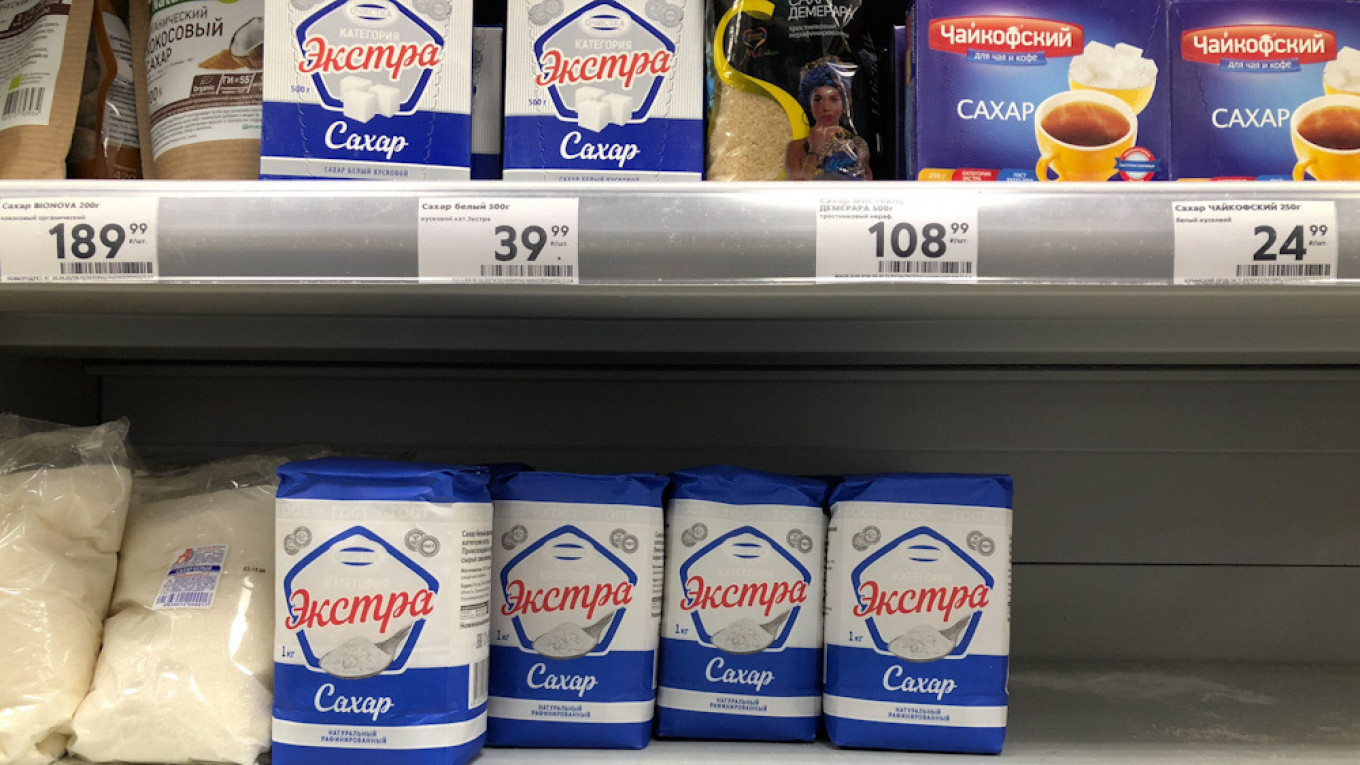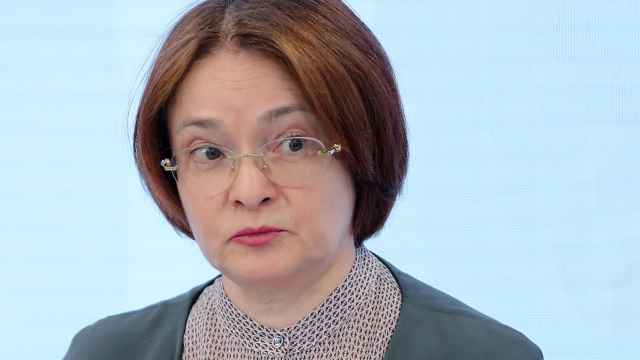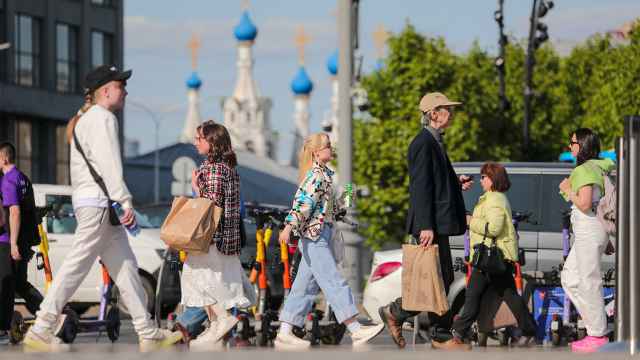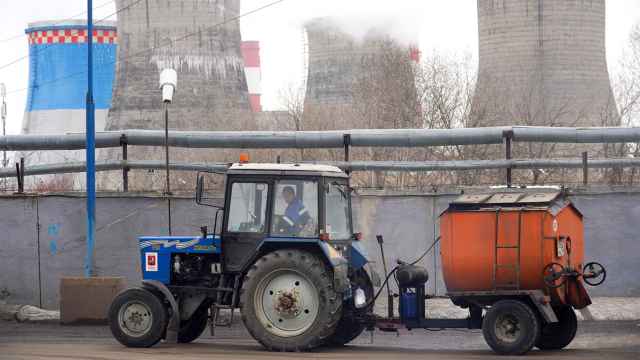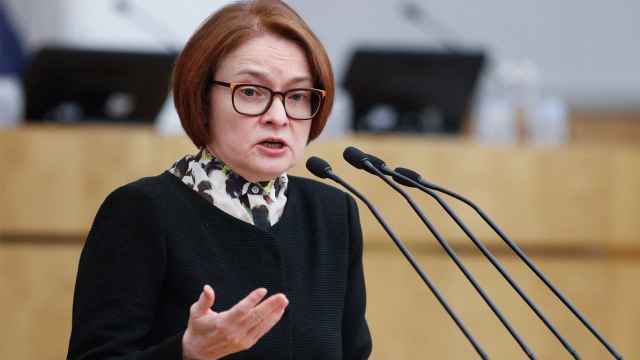Prices in Russia have risen faster over the last two weeks than the government hoped they would during the entire year, official statistics published Wednesday showed.
Inflation came in at 2.1% for the seven days between March 5-11, the Rosstat statistics agency said. That was the second-highest weekly figure in more than two decades — down slightly on the 2.2% rise in prices recorded a week earlier.
The figures mean prices have risen by more than the Central Bank’s target of 4% annual inflation in the space of just 14 days, heaping pressure on households and businesses that were already struggling off the back of the coronavirus pandemic and almost a decade of stagnant living standards.
Moscow’s invasion of Ukraine and the imposition of tough Western sanctions have plunged the Russian economy into an economic crisis which economists say is likely to be its worst since the fall of the Soviet Union. The ruble has collapsed, prompting the Central Bank to raise interest rates to 20% and ban Russians from purchasing foreign currencies or transferring dollars and euros abroad.
Shoppers in many cities have reported difficulties obtaining some staple goods such as sugar — average prices for which have risen by 15% over the last 11 days, Rosstat said — and the Kremlin has barred some agricultural exports in a bid to stabilize prices at home.
Prices for over-the-counter medicines have also risen sharply since Moscow invaded Ukraine. As have imported goods and products that rely on foreign parts, such as televisions, smartphones and cars, which have all become at least 10% more expensive over the last two weeks, Rosstat said.
Economists are widely predicting the Russian economy to slump by at least 10% this year. In line with previous crises, the pain is expected to fall on the country’s private sector and Russian households.
“Definitely households will be very severely hit and will pay a big price,” Mario Bikarski, an analyst at the Economist Intelligence Unit told The Moscow Times. “Corporates are also suffering greatly … It will be Russia’s private sector and households, especially lower-income households, that will take the biggest hits.”
Russia’s Central Bank will meet again on Friday to decide whether to hike rates again in response to the economic crisis. Its emergency interest rate hike to 20% at the end of February was seen as a necessary — but painful — move to help avoid an even deeper currency crisis and a more rapid acceleration in inflation.
Governor Elvira Nabiullina has not been seen in public since she announced that rate hike days after Russia launched its war on Ukraine, when she appeared in all black and refused to take questions from reporters. Previously seen as a star of the international investment community, she has come under pressure from some Western investors to resign following the Kremlin’s attack on its pro-Western neighbor.
On Friday the Bank will have to balance the accelerating inflation risks with the looming recession. High inflation would typically trigger rate rises, but steep interest rates sap growth, which could accentuate the depth of Russia’s looming slowdown.
“Inflation in Russia has already accelerated … at the same time, the current shock to the Russian economy is deeply recessionary,” said Renaissance Capital economist Sofya Donets. She predicted the regulator will keep rates at their record 20% on Friday.
Economists surveyed by the Central Bank in early March said they expect inflation to come in at 20% for the year, with interest rates to stay in double-digit territory until at least the end of 2023.
A Message from The Moscow Times:
Dear readers,
We are facing unprecedented challenges. Russia's Prosecutor General's Office has designated The Moscow Times as an "undesirable" organization, criminalizing our work and putting our staff at risk of prosecution. This follows our earlier unjust labeling as a "foreign agent."
These actions are direct attempts to silence independent journalism in Russia. The authorities claim our work "discredits the decisions of the Russian leadership." We see things differently: we strive to provide accurate, unbiased reporting on Russia.
We, the journalists of The Moscow Times, refuse to be silenced. But to continue our work, we need your help.
Your support, no matter how small, makes a world of difference. If you can, please support us monthly starting from just $2. It's quick to set up, and every contribution makes a significant impact.
By supporting The Moscow Times, you're defending open, independent journalism in the face of repression. Thank you for standing with us.
Remind me later.



